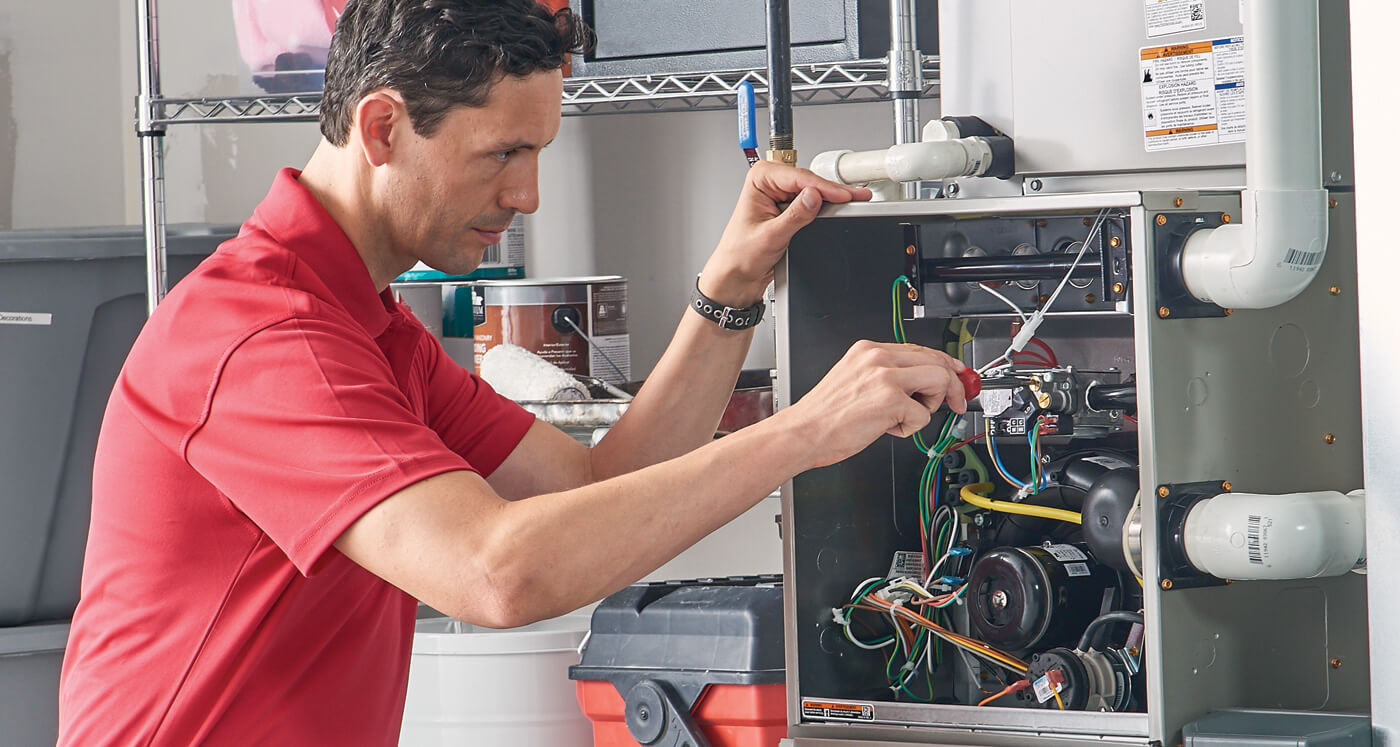
Repairing VS Replacing Furnace
Regardless of how superior or high-efficient a furnace is, it is bound to break down at some point. Most homeowners have had to deal with the dilemma of whether to repair or replace a furnace, especially when it nears its lifespan and begins to exhibit a lot of problems. While both are good options, several factors and situations may make replacement better than furnace repair. In most cases, replacement is more expensive than repair, but sometimes repairs can also turn out to be very costly.
When to repair a furnace
A furnace can remain in perfect condition and a high-performance state for as long as possible when annual maintenance is done. The number of necessary repairs will be minimal to none, and you will end up saving a lot of money in the process. However, repairs will be more frequent as the furnace nears its longevity and depreciates. You may end up spending thousands of dollars in small amounts over a long period through repairs. As such, replacement is a better option when the furnace has been in use for ten years or more. Repairs will work for anything less than ten years.
When to Replace the Furnace
Before a replacement or an upgrade, you must first find out how much is a new furnace and compare it to the possible benefits, such as the potential savings and comfort. Some of the considerations to make when comparing replacement vs. repair include:
The Condition of the Furnace
Sometimes repairing the furnace by replacing specific components can be too expensive. For instance, furnace blower motor cost may be too high, even if it is the only component replaced. You may end up saving more by buying a completely new furnace that is not rusty, blowing cold air, or sooty. A furnace that is constantly making weird noises or increasing the utility bills should also be replaced.
Energy Savings or Lack Thereof
A high-efficiency furnace will not double the energy bills because they have been made with advanced technology that keeps them working optimally at a fraction of the fuel. The newer furnaces not only reduce fuel consumption but also reduce the carbon footprint released in the air. Calculate the potential savings by subtracting the AFUE rating of the current furnace from that of a newer model. For instance, if you have an 80% rating but can get a 95% one, your potential savings are 15%.
Frequency of the repairs
If the number of repairs needed for the furnace increases too much, a replacement will be the best option. Some issues like uneven heating may not be solved by furnace motor replacement, which makes buying a new appliance a more viable solution.
Air quality
The indoor air quality can greatly impact those living in the house, especially during winter when more time is spent indoors. Furnaces contribute significantly to the air quality, and a damaged one can lead to impurities reaching the living space and causing a lot of health problems. The older the furnace gets, the more it loses its humidity and filtration control and does not purify the air as it should. If the air inside frequently becomes too dry or your nose regularly becomes stuffy, you can replace the furnace.
Potential benefits such as rebates
The government and energy control organizations usually offer rebates to homeowners who buy high-efficiency furnaces. If it is possible to get such, you can avoid repairing and upgrade instead. Make sure you check the AFUE rating and other eligibility criteria to get more cost benefits.
The available budget
Sometimes lack of funds makes repairs the only option for furnace owners. However, if you can afford to buy a new one, get it.
Other factors that determine when you should replace a furnace are:
Safety concerns: A damaged heat exchanger can release carbon monoxide into the room and maybe more expensive to repair than replace.
Noise levels: Modern furnaces are made to function quietly, which is unlike the older models. If yours starts to be uncomfortably loud, consider replacing it.
Uneven heating: The right size furnace should heat the entire house. If there is uneven heating, the furnace could be smaller or older, and either way, you will have to replace it.
To repair or replace, call Air Makers
Every furnace brand or model has a different lifespan, which means the answer to the question ‘how long does a furnace last?’ is relative. However, most of them can last up to 16 years, depending on how well they are maintained and cared for.
Whether you are thinking about a replacement or repair, Air Makers are here for you. We can help you make the best decision for your situation.
-
Main Showroom and HQ
-
Air Makers' Toronto Office
-
Air Makers' Brampton Office
-
Air Makers Warehouse #2
